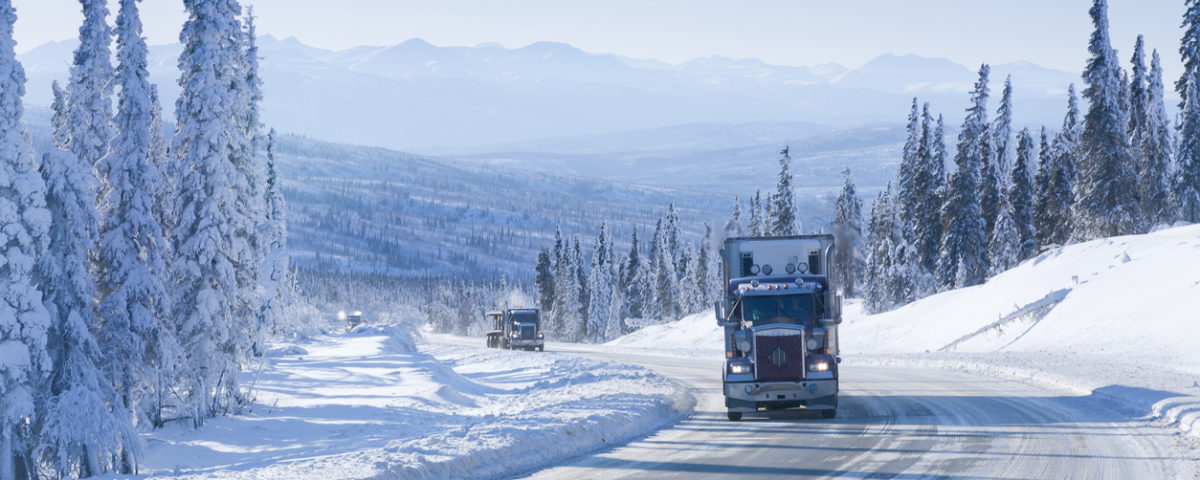
Tips for Shipping During the Holiday Season
December 1, 2020
PPLUS Offers the Best Airfreight Solution to Hawaii
December 9, 2020How Winter Weather Affects Freight

Whether you live in the Northeast and deal with blizzards or you live in the South and heavy rain is the norm, everyone is affected when winter weather hits. When it comes to shipping freight, bad weather can cause a variety of shipping issues from delays to increased costs. Understanding how winter weather affects freight will give you the knowledge of how to plan ahead.
Road Conditions and the Freight Industry
Truckload shipping is at an impasse when the road conditions are unsafe. If there is flooding or too much snow accumulation on the road, then road closures happen. When this happens, it wreaks havoc on the transportation industry and truckload shipping. Not only does it delay shipments, but the driver may be stranded at truck stops or alongside the road if there are no alternative routes available.
Heavy rain, blizzards, and high winds are estimated to cost the trucking industry $3.5 billion a year due to delays.
In bad weather situations, businesses will close as a safety precaution. These business closures can cause headaches for the shipping industry. In many situations, the shipping company will not be notified at all, or possibly with very little time to make alternative arrangements.
LTL shipping carriers are traditionally dependent on keeping their in-line haul schedules every day. This means a setback even by one day can cause delays. You will need to use a transportation provider that has the size and scale to handle extra freight volume.
Terminals and Airfreight
Similar to roads, freight terminals may be closed temporarily or open with limited capacity due to abnormal weather. This is not just for the safety of the facility itself, but for the people who are working in that terminal keeping it operational.
If a terminal has limited access during bad weather, it means that some shipments will go out, but some shipments could be delayed.
There are many coastal U.S. airports that have runways below sea level. This means that it does not take a huge storm surge to close it. Flooding disturbs the critical infrastructure. Electric power stations are one infrastructure that is critical. Baggage conveyor belts run underground in tunnels beneath the terminals.
Ocean Freight Terminals
The cold weather can hinder diesel-fueled cranes at intermodal terminals. Ports will experience delays because of inland port operations.
When sea levels rise and fall it changes the size and weight restrictions on channels and under waterway bridges. Low water levels prevent the movement of barges. Periods of high rain or drought conditions affect ocean freight tremendously.
Guaranteed and Expedited Shipping
Choosing guaranteed and expedited shipping services puts your shipment at the top of carriers’ priority lists. But, when unexpected, dangerous weather comes along and disrupts the timing of your shipment’s transit, nothing is guaranteed anymore.
Keeping an eye on weather conditions will help you manage expectations in terms of estimated transit times and if expedited will make a difference in delivery.
Logistics Stay Ahead of Winter Conditions
PPLUS Global Logistics relies on a variety of tools and their expertise to ensure the safety and efficiency of getting products from origin to destination. They use the most accurate weather information to re-route and stay ahead of winter weather to prevent the least amount of profit loss for everyone.
Predicting what Mother Nature has in store is not always easy or definite. Planning and working with PPLUS who understands the priority of getting your products to their destination on time will help.
While nothing is guaranteed, having a plan and a team that can assist will take the stress out of winter weather shipping.
